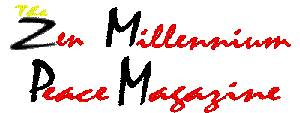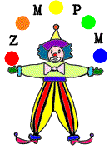

K.E.W. for Peace
Wisdom
Wisdom is practical knowledge gained through
experience and observation of the Universe and human nature.
The basic principle of wisdom is to discover the laws underlying reality
and thereby provide the human being with the ability to cope successfully
with everyday life.
Wisdom literature contains observations of the cosmos, studies of human
and animal behaviour, discussions of the meaning of life, as well as practical
advice and warnings concerning marriage, adultery, the dangers of alcohol,
the folly of a loose tongue, etc.
In many cultures wise sayings were collected and set down on paper. Thus wisdom literature can be found in ancient Egypt, Mesopotamia, Israel, Persia, and China. Examples of wisdom literature in the Bible and Apocrypha are Proverbs, Ecclesiastics, Job, Sirach, the Wisdom of Solomon, Tobit, and IV Maccabees.
The basic form of this literature is the proverb, but as wisdom literature
developed greater use was made of lengthy discourses.
Although wisdom was originally concerned with everyday, secular issues,
it very rapidly became theologised.
In learning about the workings of the Universe and what was good for humankind,
it was held that one was also discovering God's Will for humankind.
Living in harmony with the Universe thus became synonymous with living in harmony with God's will.
Wisdom also came to be seen as an attribute of God. There was also an increasing tendency to identify wisdom with revelation. A wise man thus became a person who ordered his life according to divine revelation.

